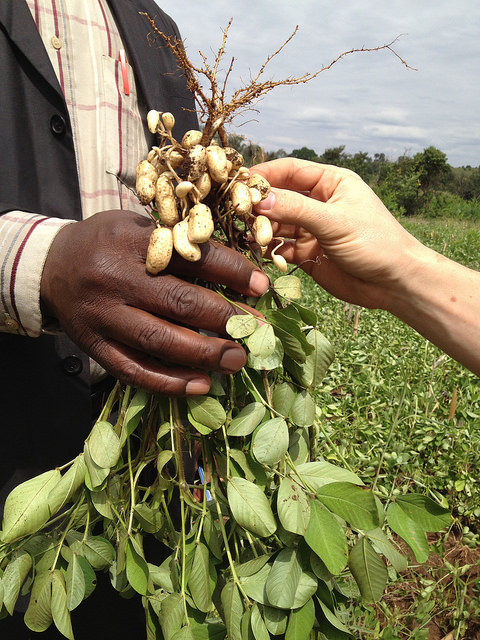The following post by IFPRI visiting Senior Research Fellow Eugenio Diaz-Bonilla is an excerpt of a story originally published on IFPRI’s Food Security Portal.
The negotiations seem to be heading for a breakdown again over agricultural issues linked to food security and, more generally, because many developing countries seem to consider it unfair that the developed countries, which have most of their programs for domestic support and export subsidies protected under the Uruguay Round, have not offered anything meaningful on those agricultural issues in the “Doha lite” package presented at Bali.
Although there is still hope that the deal may be closed as this is being written (early Thursday morning on December 5th), I offer here some ideas with the intention that they may help to solve the current impasse if the negotiations are unable to move forward as they are structured right now.
The following suggestions include some language to a) accommodate on a more permanent basis legitimate food security concerns, while addressing the fears of many WTO member countries that the current G-33 proposal may erode the core principles of Annex 2 of the AoA (the so-called Green Box measures) and may affect markets in other countries through exports and b) move somewhat more decisively on export subsidies.







